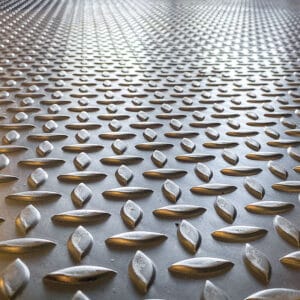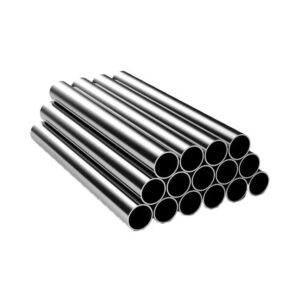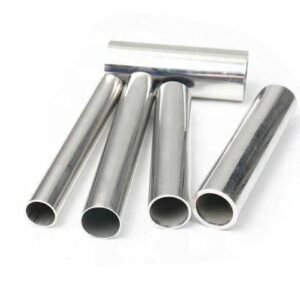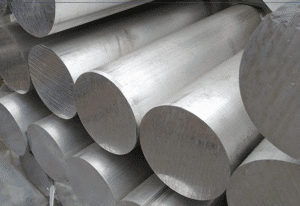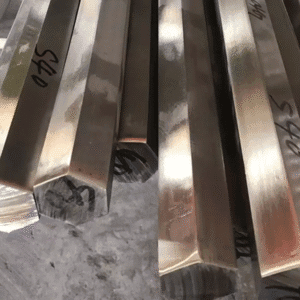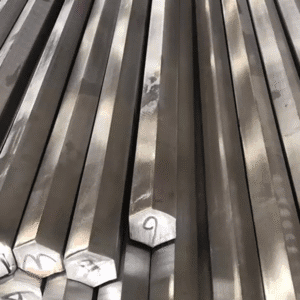Why Aluminum Matters in Solar Energy
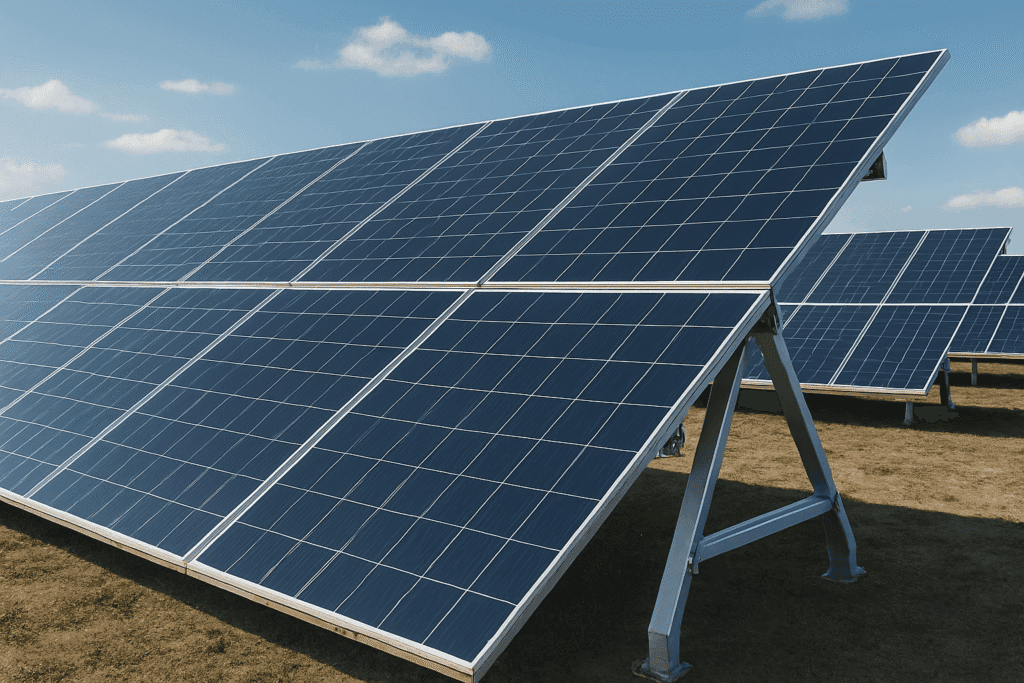
As the global push toward renewable energy intensifies, solar power continues to gain momentum due to its sustainability and scalability. Behind the sleek solar panels and massive photovoltaic farms lies a crucial yet often overlooked material: aluminum.
Aluminum is a foundational element in the solar energy industry, offering the ideal combination of strength, durability, and lightweight properties. For manufacturers, EPC contractors, and solar project developers, understanding aluminum’s role is essential for optimizing both performance and cost.
1.Why Aluminum Is the Preferred Material in Solar Projects
-1024x683.png)
1.1 Lightweight Yet Strong
Compared to steel or other metals, aluminum has a much lower density—about one-third the weight of steel—without compromising strength. This is critical in solar installations where:
- Roof load capacity is limited
- Transportation costs need to be minimized
- Quick and efficient on-site installation is prioritized
1.2 Corrosion Resistance
Solar systems often operate in harsh environments such as:
- Coastal areas (high salinity)
- Deserts (sand and temperature extremes)
- Industrial zones (acidic or polluted air)
Aluminum naturally forms a thin oxide layer that protects it from corrosion, ensuring 25+ years of outdoor performance with minimal maintenance.
1.3 High Recyclability
Aluminum is 100% recyclable without any degradation in quality. In a time when ESG (Environmental, Social, and Governance) standards are becoming part of procurement decisions, aluminum’s recyclability offers additional green credentials.
Applications of Aluminum in the Solar Industry
-1024x683.png)
2.1 Solar Panel Frames
Solar PV modules are typically encased in aluminum frames, offering:
- Structural support
- Resistance to thermal expansion
- Ease of grounding in electrical systems
Aluminum 6063 and 6061 alloys are the most common choices due to their excellent machinability and anodizing properties.
2.2 Mounting Structures & Racking Systems
Ground-mounted and rooftop solar systems rely on robust support structures. Aluminum is ideal for:
- Tilted mounting systems
- Single- and dual-axis trackers
- Ballasted rooftop systems
Extruded aluminum profiles allow for flexible designs, simplifying customization based on wind loads, snow loads, and geographical location.
2.3 Solar Mirrors and Reflectors
In concentrated solar power (CSP) applications, aluminum sheets are often used as:
- Polished reflective surfaces
- Substrates for reflective films
The lightweight nature of aluminum makes it easier to align and track the sun with high precision.
Common Aluminum Products Used in Solar Applications
| Product Type | Grade | Application |
|---|---|---|
| Aluminum Extrusion Profiles | 6063-T5 / T6 | Module frames, mounting rails |
| Aluminum Sheets and Plates | 1050 / 1060 / 3003 | Reflectors, back panels |
| Aluminum Tubes & Rods | 6061 / 6082 | Structural supports, brackets |
| Aluminum Coils | Pre-coated / anodized | Mirror finish, solar backplanes |
4. How to Choose the Right Aluminum Supplier for Solar Projects
When sourcing aluminum for solar applications, B2B buyers should consider the following:
- How to choose the right aluminum supplier for solar projects
When sourcing aluminum for solar applications, we should consider the following points: - Alloy certification: Make sure it meets international standards such as ASTM, EN or JIS.
- Surface treatment: Depending on the application, you can choose anodizing, powder coating or glossy finish.
- Customization capability: It is essential for the design of specific projects.
- Production: Can your aluminum supplier handle bulk orders for large projects?
- Export experience: Is the supplier experienced in packaging and shipping?
- Tip: Work with aluminum factories to get more favorable prices and testing certification.
Tip: Partner with manufacturers who offer technical support, especially in structural calculations and corrosion testing.
-683x1024.png)
Future Trends: Aluminum in Next-Gen Solar Technologies
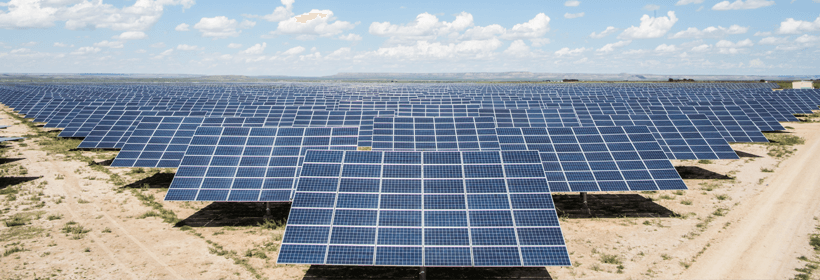
- BIPV (Building Integrated Photovoltaics): Lightweight aluminum is key to integrating solar into facades and curtain walls.
- Floating Solar Systems: Corrosion-resistant aluminum tubes and panels ensure longevity on water bodies.
- Smart Solar Trackers: Precision-machined aluminum parts enhance tracking efficiency and durability.
Conclusion: Aluminum Powers the Solar Revolution
From structural frames to reflective surfaces, aluminum plays a central role in the efficiency, durability, and sustainability of solar energy systems. For developers, contractors, and OEMs in the solar industry, partnering with a reliable aluminum supplier is critical for project success.
At Zhonggong steel, we specialize in exporting high-grade aluminum tubes, rods, plates, coils, and custom extrusions tailored for solar and other renewable applications. Contact us today to request a quote or technical datasheet.

